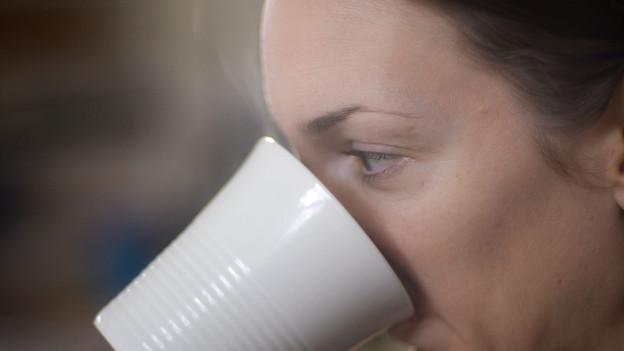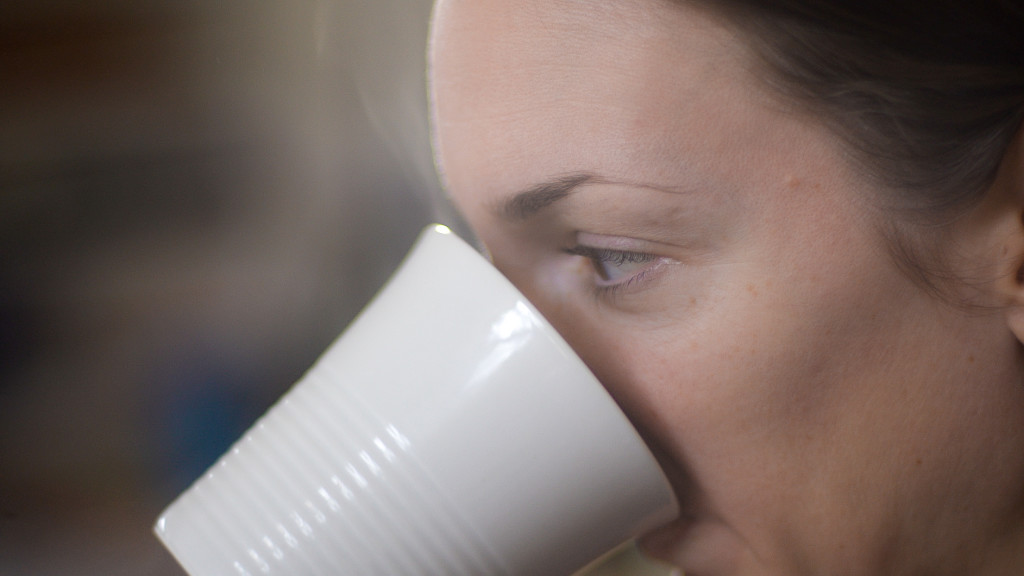It’s much too easy to berate yourself for all those little habits. Yet everyone deserves a treat now and then, so go easy on yourself! Our fabulous Ashtanga Teacher, Charlie Taylor-Rugman, explains why.
Back In The Day
Ancient yogis were a bit different. They were on the yoga path 24/7/365. And one of the main ways they learned to control the mind was to control the diet. Ancient yoga texts such as the Hatha Yoga Pradipika offer detailed dietary advice for the yogi.
The Pradipika states (in Chapter 1 verse 59ff) that the yogi should avoid a number of foodstuffs including green vegetables, alcohol, buttermilk, and the fruit of the jujube. Avoiding salty flavours, reheated foods, and staying away from spicy items is also recommended.
The Jujube?
Personally I find these dietary ideas interesting, and whilst I follow most of them, I have to say that I am particularly partial to a jujube fruit every now and then. I joke, the first time I read about the jujube I had to look it up on the Internet.
Just in case you don’t know about it, full name is Ziziphus jujuba (from Greek ζίζυφον, zízyphon). It is commonly called jujube, red date, Chinese date, Korean date, or the Indian date and is a species of Ziziphus in the buckthorn family (Rhamnaceae). The Pradipika’s guidelines are historically interesting, but looked at through the lens of modern day science they do not offer particularly good dietary advice.
How About Tanin?
Yoga students are often disparaging towards fellow students who drink alcohol or who eat meat. The Pradipika clearly warns the yogi against the consumption of these things although there is plenty of research that suggests that a glass of red wine a day reduces your likelihood of heart disease.
Maybe good yogis are not at risk of a dicky ticker so ancient yogis shunned the odd glass of Merlot. The Pradipika does not mention drinking coffee, something that many aspiring yogis frown upon.
Mysore Chai
My teacher was Sri K Pattabhi Jois. Guruji, as he was known to his students, lived in Mysore in southern India, a noted coffee growing area.
Some days after our morning yoga practice my wife Alice and I would go and see Guruji at his house to chat.
Upon arriving in the house you would immediately be offered chai, Indian style tea, or coffee. Both chai and coffee in Guruji’s house were served with full fat milk and plenty of jaggery, Indian unrefined sugar. Guruji himself preferred coffee.
Chai and coffee are drunk all over India, by both yogis and non-yogis alike. It is part of their culture, as is vegetarianism.
Life Is Short
Life is short and we should enjoy it whilst we can. U.S. food writer Michael Pollen says that in order to eat live well we need to “eat food, mostly plants, not too much.”
If we eat in this way we can all have a few treats in our diet. The odd cup of tea or coffee, with or without sugar is not the issue.
So Move!
What is more important than what we eat is the amounts of calories that we consume and the amount that we move each day. People today are far less physically active than previous generations.
Practicing yoga asana (postures) is a great way to get you moving. In addition to getting you physically fitter there is plenty of scientific evidence to demonstrate that the practice of yoga increases the body’s production of a range of chemicals in the body associated with positive mental health and wellbeing.
Want to Get Moving Right Now?
>>Click Here to discover online Yoga with Charlie>>
 This post was written by Movement For Modern Life’s Ashtanga Yoga Teacher, Charlie Taylor-Rugman. Charlie has been practicing Ashtanga yoga for more than 20 years. He started teaching in 2001 after receiving the direct authorisation of his teacher, Pattabhi Jois, to share this yoga system. Charlie teaches Yoga privately in London. Find out more at www.doashtanga.com.
This post was written by Movement For Modern Life’s Ashtanga Yoga Teacher, Charlie Taylor-Rugman. Charlie has been practicing Ashtanga yoga for more than 20 years. He started teaching in 2001 after receiving the direct authorisation of his teacher, Pattabhi Jois, to share this yoga system. Charlie teaches Yoga privately in London. Find out more at www.doashtanga.com.






I’ve been curious about this for a while, as coffee is one of those foods that is riddled with paradoxes in opinion and science—one study proving it beneficial, the other not; one religious group recommending it, the other not, etc.
I took 3 years off of coffee recently after a spiritual awakening. I recently started drinking it again. What I notice is that, while I certainly like coffee that it produces immediate dependence. 3 years of not drinking it at all, then I drank it for 3 weeks and today I am taking a break and have a very irritating headache and my overall focus is lower. I am not certain that coffee is actually helpful for any reason, although again, I like it.
Years ago, I failed in business for a very long time. Then I started drinking coffee, and I went out and did like $200 million in sales on the internet because it gave me some sort of focus boost, probably from the increased adrenaline and dopamine. I am more peaceful however without it. So which side of the equation was better? Peaceful and failing, or irritable and succeeding? Sounds like both in a different context can produce a different result.
Right now, I am trying to determine the effect of coffee on meditation from my own personal experience. The only thing that I would say about it to the negative is that it does produce immediate dependence. You drink it, then your body needs more of it and if you stop it, it can hurt a bit mentally, physically, and emotionally.
The biggest problem is dependence. I have a very controlled diet—only eat one big meal a day and rest for 23-24 hours after that to the next meal. It’s nice not thinking about food but if I am drinking coffee all day it is the same thing fundamentally, which is needing something, or desiring something.
If coffee is not connected to any desire, then I suppose it can be very good for people. However, that is not the case and if you doubt that, see how people respond when they don’t have their coffee for a little while.
That is when you see the problem with it, which is that people are not just taking it because they want, they are dependent on it to get a particular kind of result.
Love,
Dave Wood